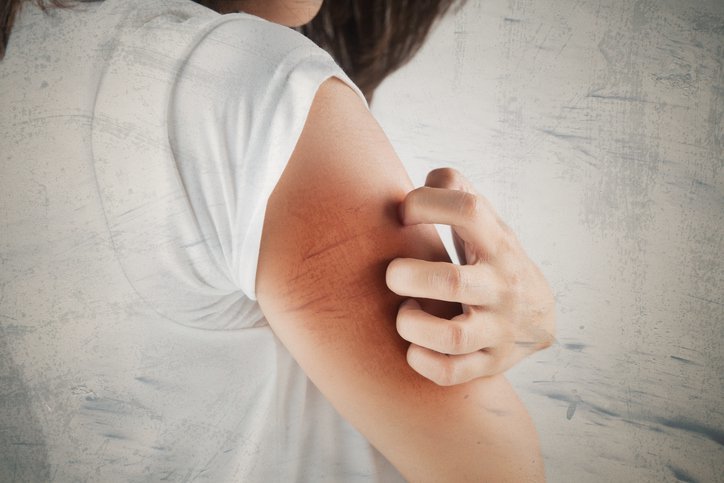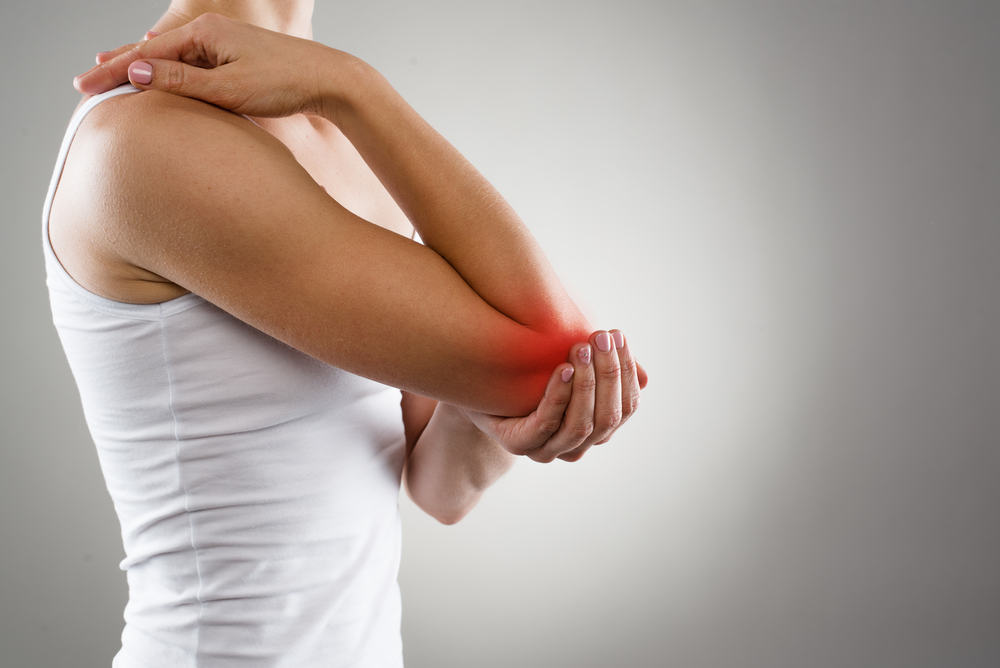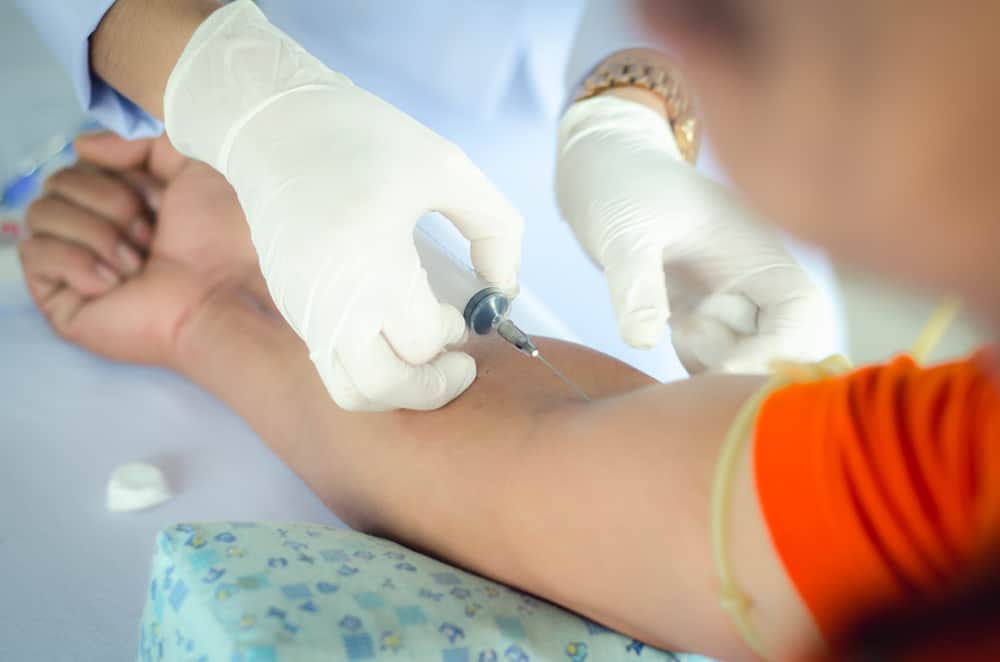Contents:
- Medical Video: Dermatology Treatments : How to Diagnose Skin Rashes
- What is more frequent contact dermatitis (eczema): irritant or allergic?
- Can everyone get eczema due to allergies and irritants?
- How do you distinguish irritant and allergic contact dermatitis?
- What should I do if I have contact dermatitis (eczema)?
Medical Video: Dermatology Treatments : How to Diagnose Skin Rashes
Eczema, or in medical language known as dermatitis, is an inflammation of the skin caused by factors from outside the body or from inside the body. Eczema appears in various forms such as redness, swelling, resilience, thickening of the skin, lumps, etc., and is usually accompanied by itching.
Factors outside the body that can cause dermatitis include chemicals (detergents, acid or alkaline substances, oil, etc.), microorganisms (viruses, fungi, bacteria), or physical factors (light, temperature). Can also be caused by factors in the body such as allergies.
Dermatitis can be classified into several bases, one type of dermatitis that we often find in everyday life is contact dermatitis. Contact dermatitis is skin inflammation caused by material that attaches to the skin. Generally the ingredients that cause dermatitis are irritants or allergies.
What is more frequent contact dermatitis (eczema): irritant or allergic?
Irritant contact dermatitis (DKI) is usually more common than allergic contact dermatitis (DKA). For the exact number it is difficult to know because many patients with mild complaints do not seek treatment, or do not even feel symptoms at all.
DKI often attacks industrial workers, especially those who work in the mining industry, natural resources, manufacturing, and medical services. Meanwhile, DKA often occurs after contact with allergens such as poison ivy, poison oak, soap, shampoo, cosmetics, perfume or others.
Can everyone get eczema due to allergies and irritants?
Almost everyone can be exposed to DKI, but not everyone can be exposed to DKA. This is because materials that can irritate will be able to react to anyone's skin affected by the material, while the ability of an ingredient to cause allergies is influenced by the presence or absence of "talent" allergies in that person.
How do you distinguish irritant and allergic contact dermatitis?
To be able to determine what causes dermatitis, the doctor needs to ask what ingredients are in contact with the patient, and what the patient is doing, because this is related to the possibility of contact material and allergy history.
Symptoms that are more often felt in DKI are the presence of pain, heat, and itching. Symptoms in DKA are generally dominated by itching. On examination, DKI often appears as dry skin or cracked / fissured skin (fissure), whereas DKA often shows a resilient picture of the body part in contact. Symptoms in DKA can appear 12-48 hours after contact, even a few days later. Whereas in DKI, the stronger the irritant properties possessed by the substance, the faster it will cause symptoms.
To further ensure the diagnosis, the doctor can ask the patient to do a patch test to find out what ingredients cause the patient to get sick. Materials suspected of causing dermatitis are placed on the patient's body, then released 48 hours later, and 2 readings are carried out:
- The first reading was carried out 15-30 minutes after the material was removed, assessed the response of the skin where the material was pasted. The greater the response that arises, the more likely it is to cause dermatitis.
- The second reading was carried out at 72-96 hours after the material was released, judging how progressive the skin response was. If the response becomes clearer, it is caused by allergies. However, if the response tends to decrease, it is caused by irritant.
What should I do if I have contact dermatitis (eczema)?
In general, dermatitis is not a dangerous disease, although it is felt annoying and unsightly. The thing that you must do immediately if you experience the above symptoms is to find out what ingredients are causing the symptoms. After the material is identified, remove it and avoid exposure to the material, usually the symptoms will improve if the contact is removed, except for other diseases that accompany it.
Moisturizing or softening creams can be used to reduce symptoms. In acute conditions, cold compresses can also be recommended. If symptoms don't improve, you can consult a doctor. Generally doctors will give anti-inflammatory drugs that can be topical drugs or medication to drink depending on how wide the lesions are.
READ ALSO:
- Various Complications that May Appear Due to Eczema
- Various Tips for Overcoming Eczema
- What Are the Differences in Psoriasis, Eczema, and Dermatitis?












